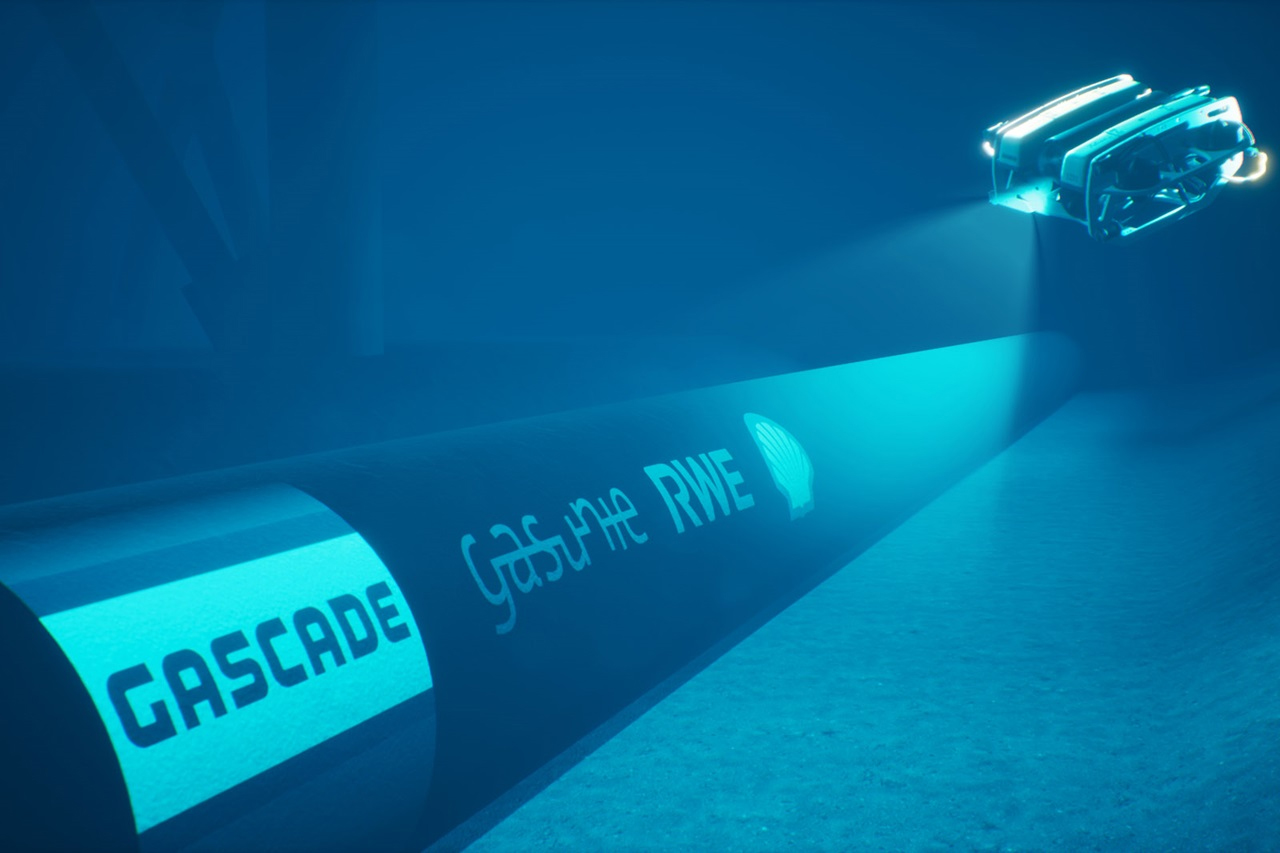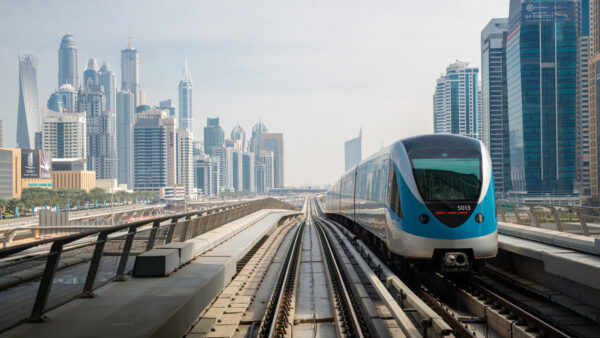
Gas transmission companies Gascade and Fluxys have asked the European Commission to grant special status to their project to build a hydrogen pipeline under the North Sea.
They say the 400km-long “AquaDuctus” line will help offshore wind farms generate green hydrogen.
The line will be used to transport gas from numerous sites to Germany.
They want the EU to grant it “project of common interest” status, which will make the approval process easier and faster. These schemes are also eligible for funding from the Connecting Europe Facility, which has a €5.8bn budget for the 2021-27 period.
“We firmly believe that the AquaDuctus offshore pipeline will be a key element of Europe’s future energy supply picture and a major advance in the drive towards climate neutrality,” said Pascal De Buck, chief executive of Brussels-based Fluxys.
Christoph von dem Bussche, managing director of Germany’s Gascade, added: “Our specific plans for AquaDuctus will allow the federal government to put in place concrete actions following up the efforts it has made on hydrogen with European partners such as for example Norway.”
A completed feasibility study backed the technical and commercial case for the scheme, according to Gascade.
In the first stage, AquaDuctus will be connected to German wind farm SEN-1, which will become operational in 2030. In subsequent years it may be connected to other sites in Germany’s exclusive economic zone, as well as hydrogen infrastructure operated by other North Sea countries.
SEN-1 will be located 150 km northwest of Helgoland, with a projected generation capacity of up to 1GW. It is being built in collaboration with energy companies Gasunie, RWE and Shell. No
By 2035, the line is expected to develop into a major hydrogen corridor transporting up to 1 million tonnes of hydrogen a year.
According to the study, the potential for hydrogen production in the German and European North Sea is 100GW per year.
Further reading:






